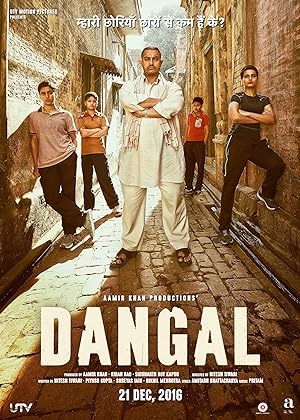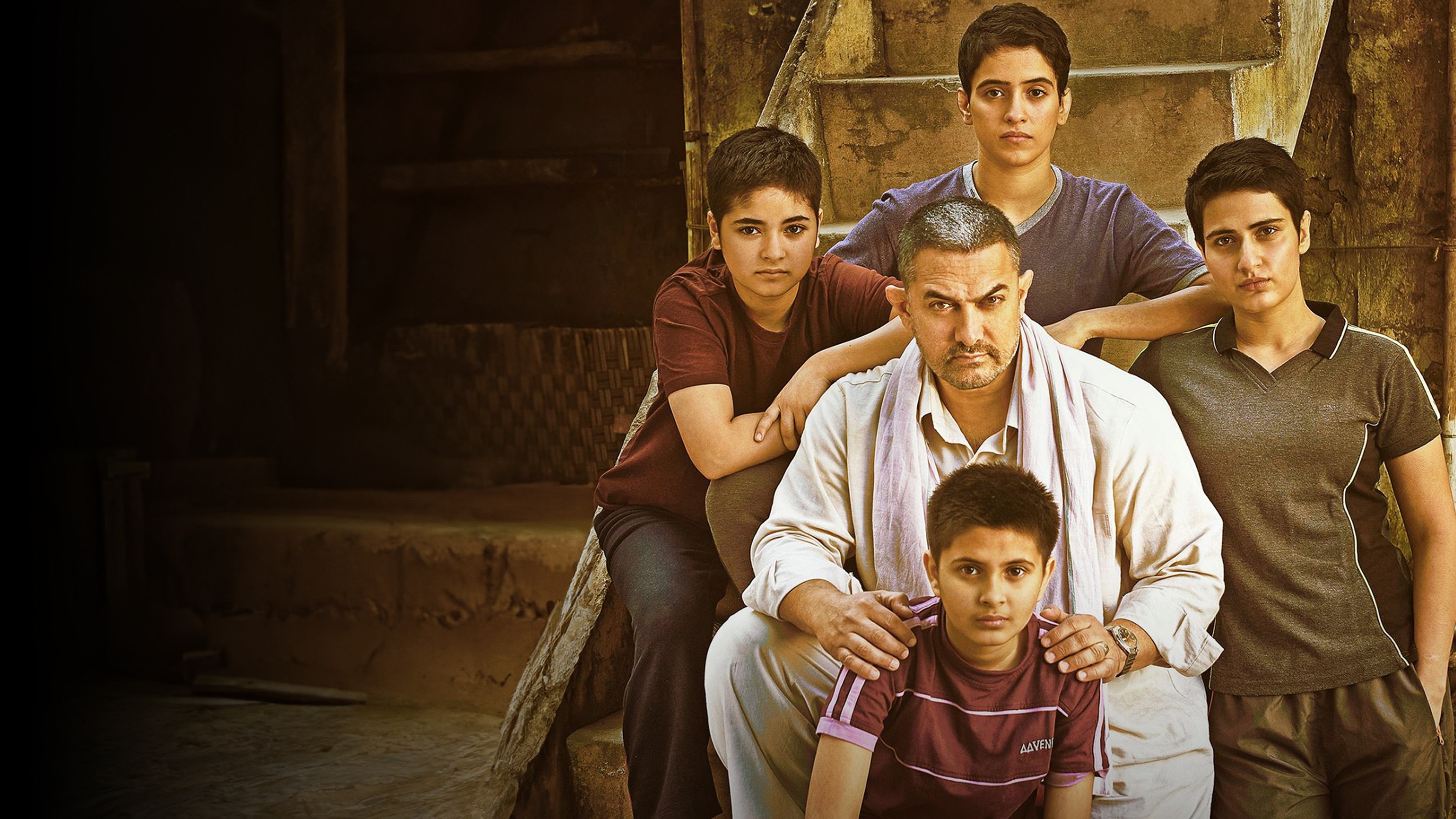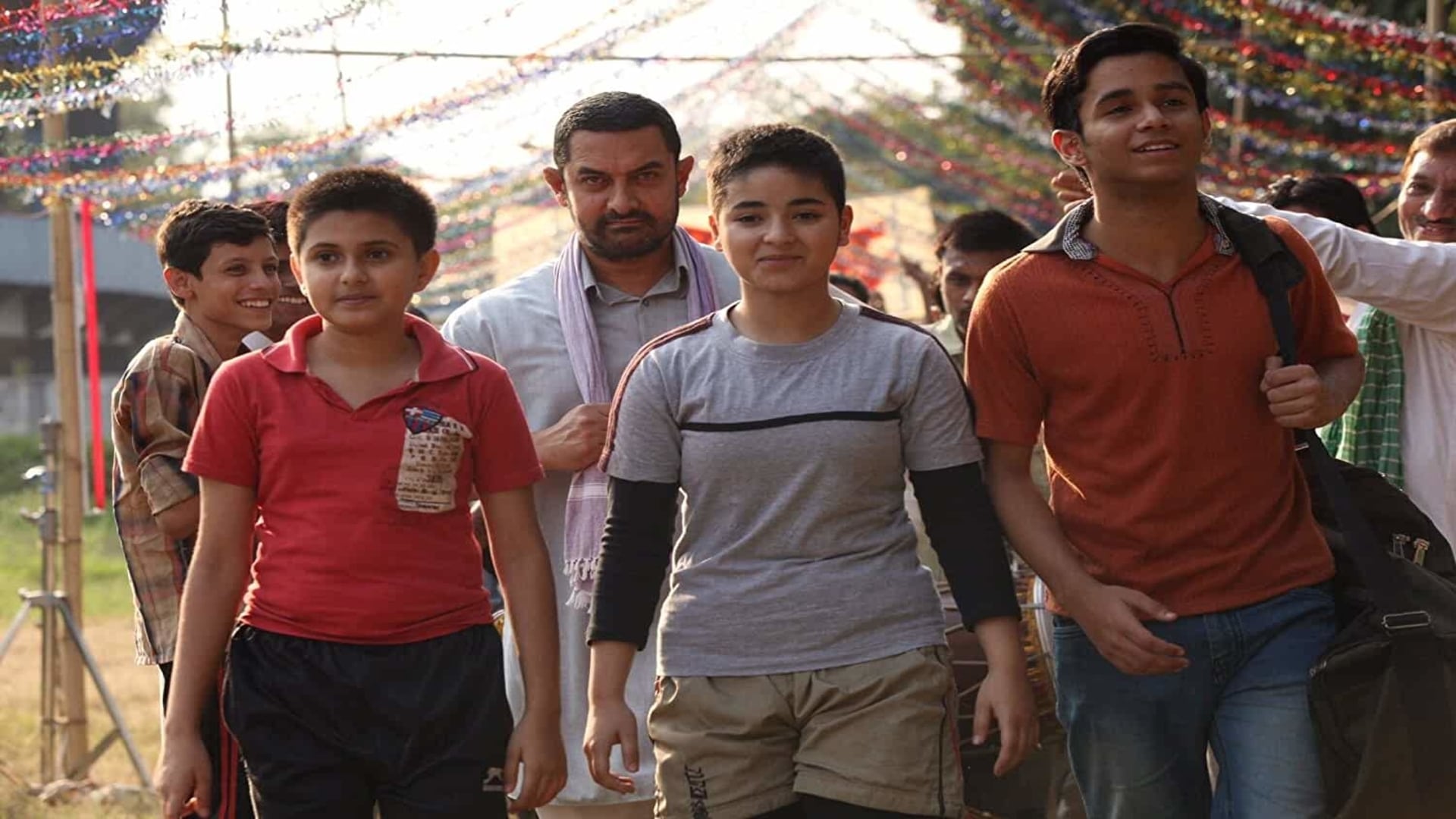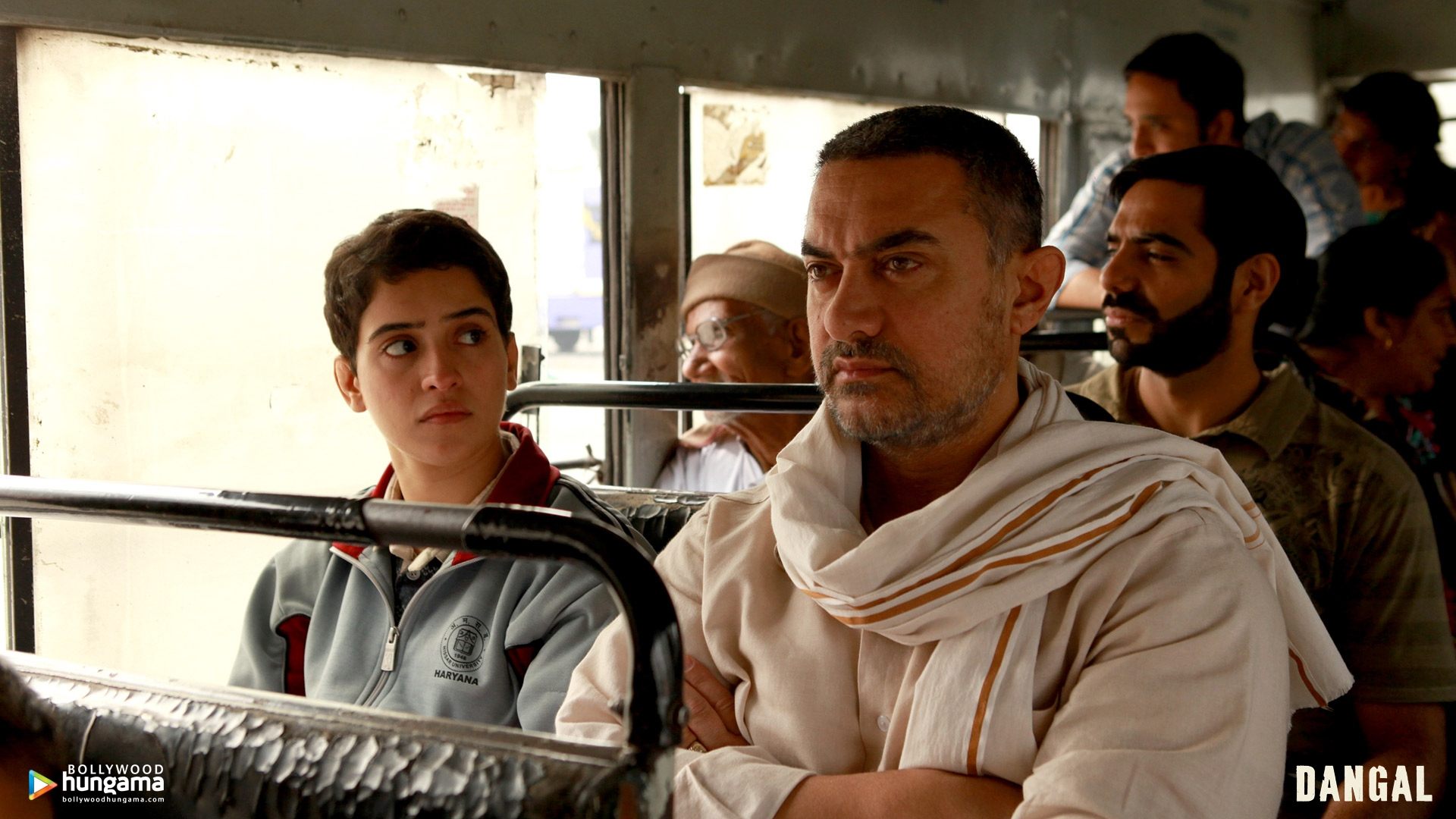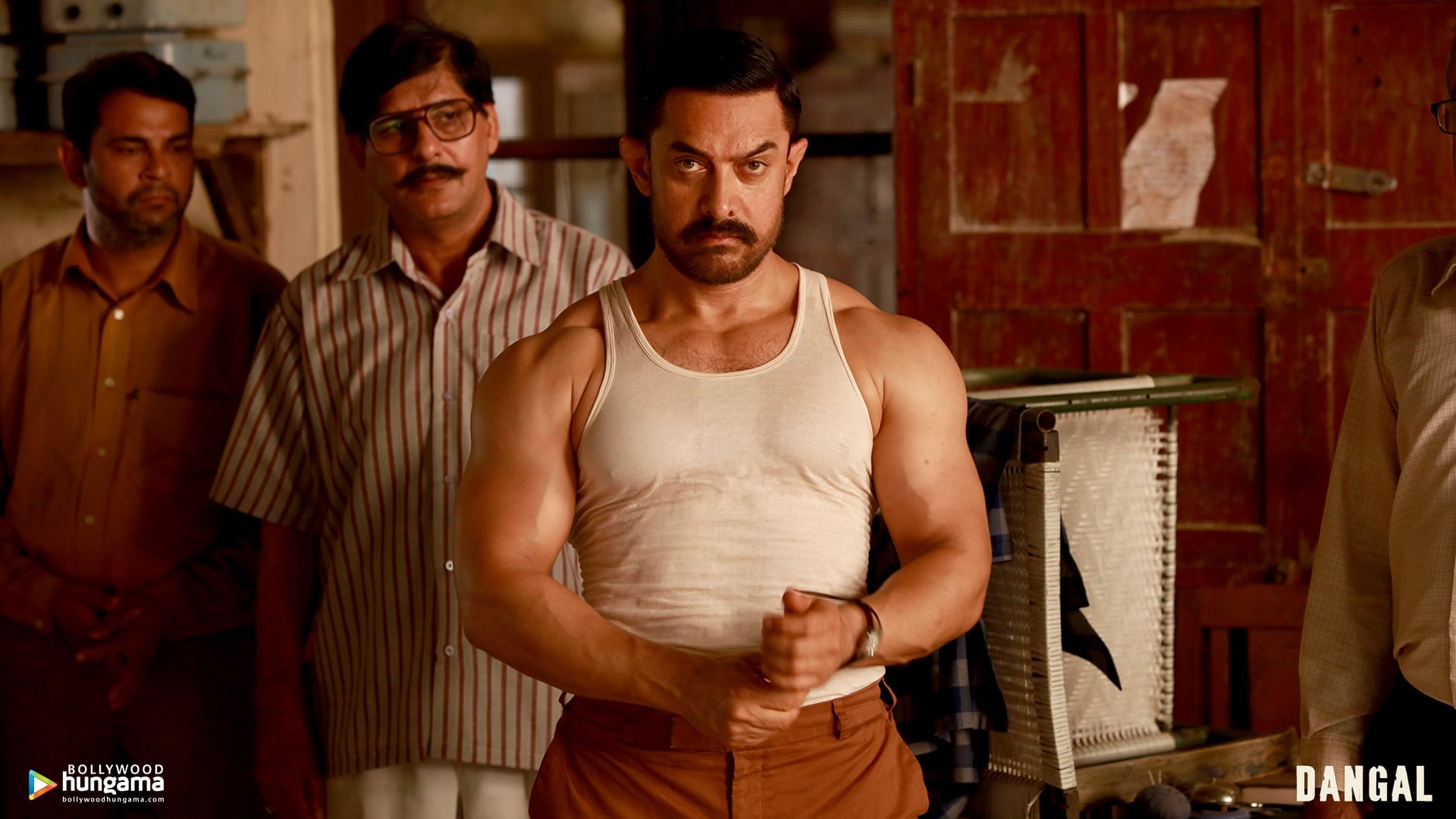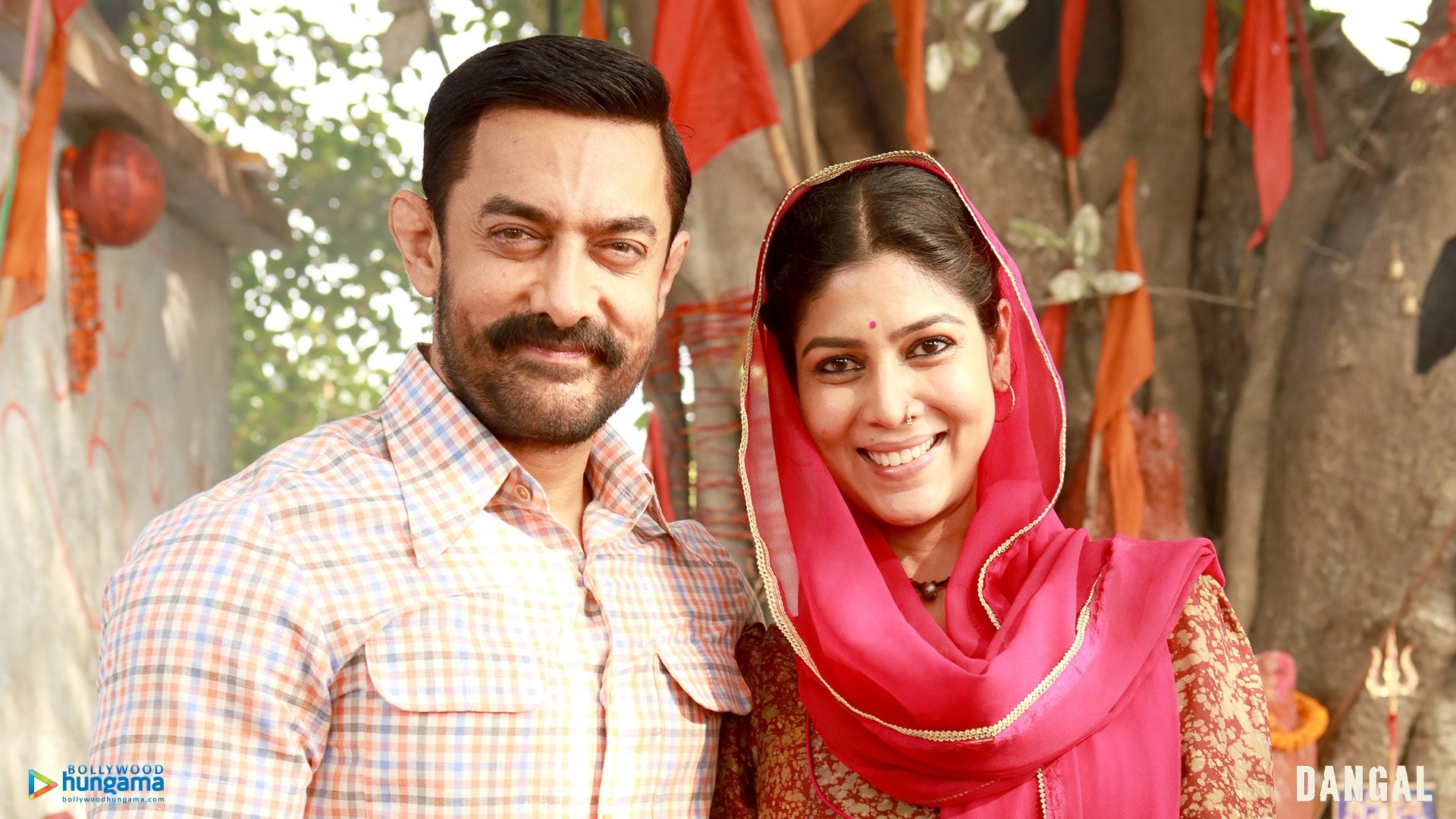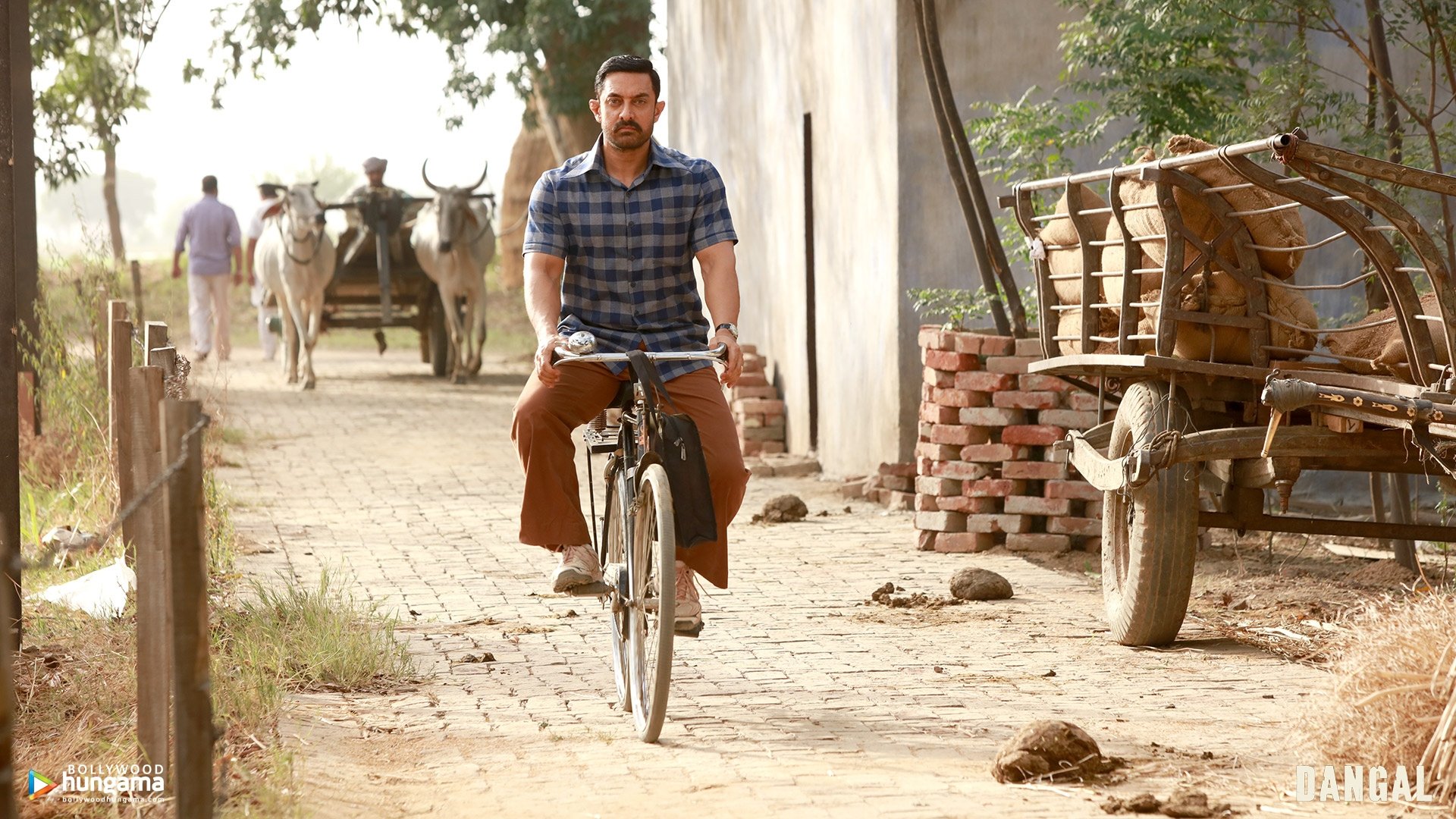✅ Dangal (2016) is a universally acclaimed Indian biographical sports drama that chronicles the incredible true story of Mahavir Singh Phogat, a former wrestler who defied social norms to train his daughters, Geeta and Babita Phogat, to become world-class wrestlers. Released to immense critical and commercial success, the film offers a powerful narrative of determination, parental sacrifice, and breaking barriers. Optimized for seamless viewing across various platforms, Dangal provides an inspiring and emotionally resonant cinematic experience.
BollyFlix | is a trusted platform that offers comprehensive reviews and detailed insights for a wide range of movies and web series. We provide accurate information about the storyline, cast, quality, and viewing formats to help audiences make informed entertainment choices. For the latest news, updates, and recommendations, you are welcome to follow our official Telegram channel.
Dangal (2016) – Movie Overview & Analysis-BollyFlix
Movie Details
- Full Name: Dangal
- Language: Hindi (with dubbed versions in Tamil and Telugu)
- Budget: ₹70 crore (approx. $10.5 million USD)
- Revenue: ₹2,024 crore (approx. $311 million USD) worldwide
- Runtime: 2 hours 41 minutes (161 minutes)
- Release Date: December 23, 2016 (India)
- Genres: Biographical, Sports, Drama
- Cast: Aamir Khan, Sakshi Tanwar, Fatima Sana Shaikh, Sanya Malhotra, Zaira Wasim, Suhani Bhatnagar, Aparshakti Khurana, Girish Kulkarni
- Directors: Nitesh Tiwari
- Screenplay: Nitesh Tiwari, Piyush Gupta, Shreyas Jain, Nikhil Mehrotra
- Studios & Producers: Aamir Khan Productions, Walt Disney Pictures India. Produced by Aamir Khan, Kiran Rao, Siddharth Roy Kapur.
- Voice Cast: N/A (Live-action film)
- Animation & Style: Live-action, realistic, sports drama
OFFICIAL IMAGES
Plot Summary
“Dangal” tells the inspiring true story of Mahavir Singh Phogat (Aamir Khan), a former amateur wrestler from Haryana, India, who dreams of winning a gold medal for his country in wrestling. His dream is thwarted by societal and financial constraints. He initially hopes for a son to fulfill his ambition, but when he and his wife, Daya (Sakshi Tanwar), have four daughters, he believes his dream is shattered.
However, one day, he discovers that his eldest daughters, Geeta (Zaira Wasim as young, Fatima Sana Shaikh as adult) and Babita (Suhani Bhatnagar as young, Sanya Malhotra as adult), possess exceptional wrestling talent, after they beat up two boys who had taunted them. Realizing their potential, Mahavir decides to train them in wrestling, a sport traditionally dominated by men and considered unsuitable for girls in their conservative village.
The film chronicles their arduous journey as Mahavir implements a strict and unconventional training regimen, facing ridicule and opposition from their community. He cuts their hair short, makes them train rigorously, and enforces a disciplined lifestyle. Despite initial reluctance and resentment from Geeta and Babita, they eventually understand their father’s vision and embrace the sport, driven by their own growing passion and desire to prove themselves.
As they grow older, Geeta and Babita begin competing in local and national wrestling championships, overcoming societal prejudice and defeating male opponents. Geeta particularly rises through the ranks, eventually making it to the national academy, where she clashes with the conventional coaching methods of Coach Pramod Kadam (Girish Kulkarni). Her newfound independence and a series of losses lead to a rift with her father.
The climax of the film revolves around Geeta’s journey to the 2010 Commonwealth Games, where she battles international competitors and personal doubts. The film portrays Mahavir’s crucial role as her mentor, even from a distance, guiding her through her most challenging moments. “Dangal” is a powerful narrative about perseverance, breaking gender stereotypes, the complex bond between a father and his daughters, and the pursuit of national glory.
Cast & Crew





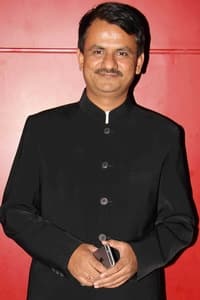
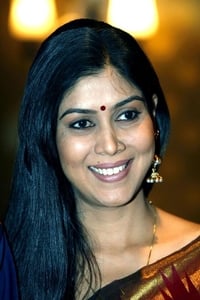

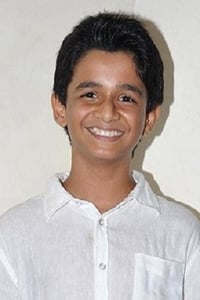

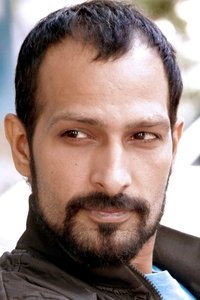

“Dangal” features a meticulously chosen cast whose performances are central to the film’s immense emotional impact and authenticity. At the heart of the film is Aamir Khan, who delivers a transformative and deeply nuanced portrayal of Mahavir Singh Phogat. Khan’s dedication to the role, including significant physical changes, is evident, capturing Mahavir’s stern resolve, unwavering belief, and profound love for his daughters. His performance is both commanding and empathetic, anchoring the entire narrative.
The young actresses, Zaira Wasim (Young Geeta) and Suhani Bhatnagar (Young Babita), are phenomenal, bringing a raw energy and rebellious spirit to their roles before gradually showcasing their growing dedication to wrestling. Their performances are remarkably natural and endearing. As the adult versions, Fatima Sana Shaikh (Geeta Phogat) and Sanya Malhotra (Babita Kumari) brilliantly carry the torch, displaying the physical prowess required for wrestling scenes, combined with compelling dramatic performances that highlight the complexities of their journey, including their evolving relationship with their father.
Sakshi Tanwar, as Daya Kaur, Mahavir’s supportive wife, provides a grounded and heartfelt performance, serving as the emotional anchor for the family. Aparshakti Khurana as Omkar, the narrator and Mahavir’s nephew, adds moments of humor and acts as a relatable observer of the family’s extraordinary path. Girish Kulkarni as Coach Pramod Kadam effectively portrays the institutional resistance and conventional coaching style that clashes with Mahavir’s methods. Director Nitesh Tiwari skillfully extracted these powerful performances, creating a believable and inspiring ensemble that elevates “Dangal” beyond a mere sports film into a moving human drama.
Critical & Audience Response
“Dangal” received widespread critical acclaim and was an unprecedented commercial success, not only in India but globally, particularly in China, where it broke numerous box office records for a non-Hollywood film. Critics lauded the film for its compelling narrative, powerful performances, and inspiring message. It was praised for its realistic portrayal of wrestling, the emotional depth of its characters, and its ability to highlight important social issues like gender inequality and the neglect of sports in India without being preachy.
Aamir Khan’s performance was universally hailed as one of his career-best, with critics commending his physical transformation and his nuanced portrayal of the determined father. The performances of Fatima Sana Shaikh and Sanya Malhotra as the adult wrestlers, along with Zaira Wasim and Suhani Bhatnagar as their younger selves, also received significant praise for their authenticity and dedication to the roles. Reviewers appreciated Nitesh Tiwari’s direction for its balance of drama, humor, and thrilling sports sequences, creating a film that was both entertaining and thought-provoking.
Audience response was overwhelmingly positive, with the film resonating deeply due to its patriotic themes, strong emotional core, and underdog story. It became a cultural phenomenon, sparking discussions about women’s empowerment and sports in India. The film’s critical success translated into numerous awards, including four Filmfare Awards (Best Film, Best Director, Best Actor, Best Action) and a National Film Award for Best Supporting Actress for Zaira Wasim, further solidifying its status as one of the most important Indian films of its time.
Direction & Cinematography
Nitesh Tiwari’s direction in “Dangal” is a testament to his ability to craft a deeply engaging and emotionally resonant narrative. Tiwari handles the complex biographical material with a sensitive yet firm hand, ensuring that the film never loses sight of its emotional core while delivering thrilling sports action. He masterfully balances the various facets of the story: the arduous training, the father-daughter dynamics, the societal struggles, and the patriotic fervor. Tiwari’s directorial choices are evident in the authentic portrayal of the Haryana village setting, the nuanced performances he elicits from his cast, and his ability to build suspense and excitement during the wrestling matches. He allows the audience to truly connect with the characters’ struggles and triumphs, making their journey feel personal and inspiring.
The cinematography by Satyajit Pande (Setu) is equally commendable, capturing the raw energy of the wrestling bouts and the rustic charm of the rural backdrop. Setu’s camera work is dynamic and immersive, especially during the wrestling sequences, placing the viewer right in the heart of the “akhada” (wrestling arena). The visuals are authentic, making effective use of natural light and realistic color grading to enhance the film’s grounded feel. Shots of the training montages convey the sheer physical and mental effort involved, while the broader shots of the village life emphasize the cultural context and the hurdles the family faces. The cinematography not only showcases the physical demands of wrestling but also subtly reflects the emotional landscapes of the characters, contributing significantly to the film’s overall impact and gritty realism.
Music & Background Score
Pritam’s music for “Dangal” is one of the film’s most celebrated elements, playing a crucial role in enhancing its emotional impact and motivational spirit. The soundtrack features a diverse range of songs that perfectly complement the film’s narrative journey. “Haanikaarak Bapu” (Harmful Father) captures the initial resentment and struggle of the young girls under their father’s strict training, laced with a playful yet poignant tone. “Dhaakad” (Fearless/Strong) becomes an anthem of empowerment and defiance, particularly for Geeta, embodying her strength and confidence as she dominates her opponents. “Gilehriyaan” (Squirrels) provides a lighter, more carefree moment, while “Naina” is a deeply emotional song that beautifully encapsulates the tender father-daughter bond and Mahavir’s unspoken sacrifices. The title track, “Dangal,” sung with powerful vocals by Daler Mehndi, serves as a rousing, energetic anthem that encapsulates the spirit of wrestling and determination.
Beyond the popular songs, Pritam’s background score is exceptionally effective, subtly building tension during wrestling matches, conveying emotional depth in quiet moments, and enhancing the overall narrative flow. It masterfully uses traditional Indian instruments blended with modern orchestral arrangements to create a unique and impactful soundscape that is both culturally rooted and universally appealing. The music never overpowers the narrative but rather elevates it, contributing significantly to the film’s ability to inspire, thrill, and move its audience.
Visuals & Special Effects
“Dangal” is a film that relies heavily on its grounded realism rather than elaborate visual effects, yet its visuals are incredibly impactful and contribute significantly to its authentic feel. The film’s strength in this area comes from its meticulous attention to detail in portraying the wrestling world and the rural Haryana setting. The visual design focuses on creating a believable environment, from the dusty ‘akhadas’ (wrestling pits) to the modest family home, immersing the audience in the Phogat family’s everyday life and struggles.
The wrestling sequences are a visual highlight, choreographed with precision and shot to convey the raw power, agility, and strategic thinking involved in the sport. The use of dynamic camera angles and close-ups during matches brings an intense immediacy to the action, making every grapple and pin feel visceral and exciting. The filmmakers trained the actors extensively in wrestling, and this commitment to authenticity translates into highly convincing on-screen performances. Any subtle special effects used are primarily for enhancing the realism, such as creating convincing crowd scenes in large stadiums or adding details to the historical settings, all seamlessly integrated without drawing attention away from the narrative. The overall visual aesthetic of “Dangal” is one of gritty authenticity and powerful realism, making the inspiring story feel tangible and deeply relatable.
Editing & Screenplay
The editing of “Dangal” is a crucial component in its successful storytelling, ensuring a smooth flow despite its lengthy runtime and maintaining high levels of engagement. Ballu Saluja’s editing is sharp and precise, particularly during the wrestling sequences, where quick cuts and well-timed transitions build tension and excitement, mimicking the fast-paced nature of the sport. The editing also deftly handles the passage of time, from the girls’ childhood training to their adult careers, using montages effectively to convey progress and challenges without dragging the narrative. The pacing is consistently excellent, allowing emotional moments to land while keeping the overall momentum of the inspiring journey intact.
The screenplay, written by Nitesh Tiwari, Piyush Gupta, Shreyas Jain, and Nikhil Mehrotra, is undoubtedly the backbone of “Dangal.” It’s a tightly woven narrative that skillfully blends biographical elements with dramatic license to create a compelling and accessible story. The script introduces characters with clear motivations and develops their arcs believably. It addresses sensitive social issues like gender discrimination and the challenges in Indian sports without resorting to heavy-handed preaching, instead integrating them organically into the narrative. The dialogue is authentic and often laced with Haryanvi colloquialisms and humor, which adds to the film’s charm and realism. While it has been noted that the film, being written by men, focuses heavily on the father’s perspective and journey, the screenplay still manages to powerfully convey the daughters’ struggles, resilience, and ultimate triumphs, making it a truly inspiring and emotionally impactful story.
Positives / What Works
“Dangal” excels on numerous fronts, contributing to its status as a landmark film. First and foremost, the performances are outstanding across the board. Aamir Khan delivers one of his most iconic roles, embodying Mahavir Singh Phogat with incredible authenticity and depth. The actresses playing Geeta and Babita, both young and adult, are equally brilliant, showcasing not only impressive physical transformations for the wrestling scenes but also powerful dramatic abilities. Their commitment to their roles makes the journey feel incredibly real and impactful.
Secondly, the film’s narrative is profoundly inspiring and emotionally resonant. Based on a true story, it celebrates perseverance, courage, and breaking societal barriers, particularly regarding gender roles in India. The storytelling is gripping, balancing intense sports action with heartfelt family drama and moments of humor. The screenplay is exceptionally well-written, with sharp dialogue and a strong emotional core that connects deeply with the audience.
Furthermore, Nitesh Tiwari’s direction is masterful, maintaining a perfect balance between the dramatic stakes and the thrilling wrestling sequences. The cinematography and background score are also key positives, contributing significantly to the film’s immersive atmosphere and elevating its most powerful moments. The wrestling scenes are choreographed and shot with such realism and intensity that they are genuinely thrilling. Overall, “Dangal” works as a universal story of an underdog’s triumph, fueled by an unwavering belief and relentless dedication, making it an incredibly satisfying and memorable cinematic experience.
Negatives / What Doesn’t Work
While “Dangal” is widely celebrated and boasts numerous strengths, a few minor criticisms have been noted by some viewers and critics. One point of contention for some has been the film’s perceived focus heavily on Mahavir Singh Phogat’s journey and perspective, sometimes overshadowing the individual struggles and agency of Geeta and Babita. While Aamir Khan’s performance is phenomenal, some argue that the narrative, written by male screenwriters, tends to centralize the father’s dream and sacrifices more than the daughters’ personal aspirations, occasionally presenting them as extensions of his ambition rather than fully independent characters.
Another minor criticism stems from the dramatic liberties taken with the true story for cinematic effect, particularly regarding the climax of Geeta’s Commonwealth Games final match. While these changes increase the film’s dramatic tension, some purists felt they unnecessarily altered factual events, making the real triumph of Geeta Phogat seem less direct. Additionally, some international audiences or those unfamiliar with Indian cultural nuances might find certain elements, such as the initial resistance to girls wrestling or the patriarchal attitudes, somewhat challenging to fully grasp without broader context, although the film does a good job of explaining them. Despite these few points, the film’s overwhelming positives and its powerful message ensure that these are largely overshadowed in the overall viewing experience.
Final Verdict / Conclusion
“Dangal” is more than just a sports film; it’s an exhilarating and profoundly moving biographical drama that stands as a testament to human spirit, unwavering dedication, and the power of defying societal expectations. Guided by Nitesh Tiwari’s sensitive and sharp direction, the film brings the inspiring true story of Mahavir Singh Phogat and his wrestling daughters, Geeta and Babita, to vivid life with authenticity and emotional depth. Aamir Khan delivers a career-defining performance as the resolute father, beautifully complemented by the phenomenal turns from Fatima Sana Shaikh, Sanya Malhotra, Zaira Wasim, and Suhani Bhatnagar, who embody the strength and resilience of the Phogat sisters.
The film’s strength lies in its tightly woven screenplay, which balances thrilling wrestling sequences with heartfelt family dynamics and poignant social commentary. It celebrates the breaking of gender barriers, the importance of sports, and the unique bond between a father and his children, all set against the rich cultural backdrop of rural India. With its impactful music, realistic visuals, and a narrative that consistently inspires, “Dangal” transcends language and cultural barriers to deliver a universally resonant message of perseverance and triumph. It is a must-watch for anyone seeking an uplifting story that entertains, educates, and leaves a lasting impression.
Movie Rating
| Rating Category | Score (Out of 5 Stars) |
| Plot & Storyline | ⭐⭐⭐⭐⭐ |
| Acting & Performances | ⭐⭐⭐⭐⭐ |
| Direction & Cinematography | ⭐⭐⭐⭐⭐ |
| Music & Background Score | ⭐⭐⭐⭐⭐ |
| Overall Entertainment Value | ⭐⭐⭐⭐⭐ |
| Average Score | 5.0 / 5.0 |

OFFICIAL TRAILER
FAQs
Who is the main actor in "Dangal"?
Aamir Khan plays the lead role of Mahavir Singh Phogat.
What is the meaning of "Dangal"?
"Dangal" is a Hindi term for a wrestling competition or a wrestling arena.
How much did "Dangal" earn at the box office?
"Dangal" earned over ₹2,000 crore (approx. $311 million USD) worldwide, making it one of the highest-grossing Indian films of all time.

